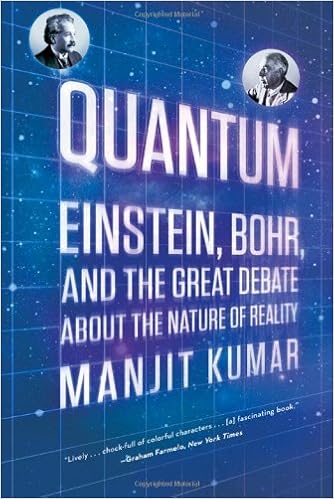Dear Commons Community,
Maureen Dowd gives Donald Trump a zinger this morning by praising the way French President Emmanuel Macron has emerged as a world leader with grace and style while not giving into the Trump bullying. Before getting into her theme, she puts down Trump and the characters around him.
“We’ve been conditioned by Hollywood to see the president of the United States step up to the lectern to confidently tell us how he will combat the existential threat to the planet — be it aliens, asteroids, tidal waves, volcanoes, killer sharks, killer robots or a 500-billion-ton comet the size of New York City.
So it was quite stunning to see the president of the United States step up to the lectern to declare himself the existential threat to the planet.
And with a calming band playing us to our doom, just like on the Titanic.
You know you’re in trouble when beclouded Beijing, where birds go to die, replaces you as a leader on climate change.
America is living through a fractured fairy tale, in the grip of a lonely and uninformed mad king, an arrogant and naïve princeling, a comely but complicit blond princess and a dyspeptic, dystopian troll under the bridge.
American carnage, indeed.
On climate change, the troll, Steve Bannon, got control and persuaded Donald Trump to give a raspberry to the world. Bannon had better watch out or rising waters will wash out his bridge to the past.
Even though Jared, Ivanka, Gary Cohn, Rex Tillerson, Elon Musk, Bob Iger and Lloyd Blankfein pressed the president to stay in the Paris climate accord — which is merely aspirational about the inhalational — Bannon won the day…
… Then the president read an interview with Emmanuel Macron in a French newspaper, bragging about how he had prepared to give Trump an Iron Man grip because it was “a moment of truth” showing that he “won’t make small concessions, even symbolic ones.”
Comparing Trump to strongmen Vladimir Putin and Turkey’s Recep Tayyip Erdogan, Macron made it clear that he was determined to face down the bully, pushing back hard on Trump, just as he would a few days later with Putin. He scolded the Russian president for his state-controlled media’s “lying propaganda” and warned that France would use military force if Putin’s ally Bashar al-Assad unleashed chemical weapons on civilians again.
As Ashley Parker, Phil Rucker and Michael Birnbaum reported in The Washington Post Thursday: “Hearing smack-talk from the Frenchman 31 years his junior irritated and bewildered Trump, aides said. A few days later, Trump got his revenge. He proclaimed from the Rose Garden, ‘I was elected to represent the citizens of Pittsburgh, not Paris.’”
Whether Macron is being coached by his wife, whom he met when she was his drama teacher in high school, is not clear. But he understands the signs and symbols of power.
Trump is the president with a background in entertainment, but the 39-year-old French president is the one who has mastered theatrics, from the splendor of “Ode to Joy” playing at the Louvre on election night as he made his slow victory walk, to his steely six seconds of arm wrestling with Trump, to his dramatic swerve to embrace Angela Merkel, leaving Trump nonplused and waiting to shake his hand, to his dressing down of Trump’s pal Putin at Versailles, to his televised exhortation aux barricades on Thursday in English: “Make our planet great again.”
As The Times’s Adam Nossiter wrote, Macron has a “deeply held belief that France in some sense has been missing its king since the execution of Louis XVI on Jan. 21, 1793.” And he has consciously cultivated a regal air as he champions “radical centrism,” globalization and protecting the environment. The Post dubs him “the prince regent of Paris and Pittsburgh alike.”
Trump, on the other hand, has rattled the world with his crude manner, cruel policies, chaotic management style, authoritarian love-ins and antediluvian attitudes, cementing his image as the highchair king.
For once, the French have a right to be condescending toward the United States.”
Vive la France!
Tony




